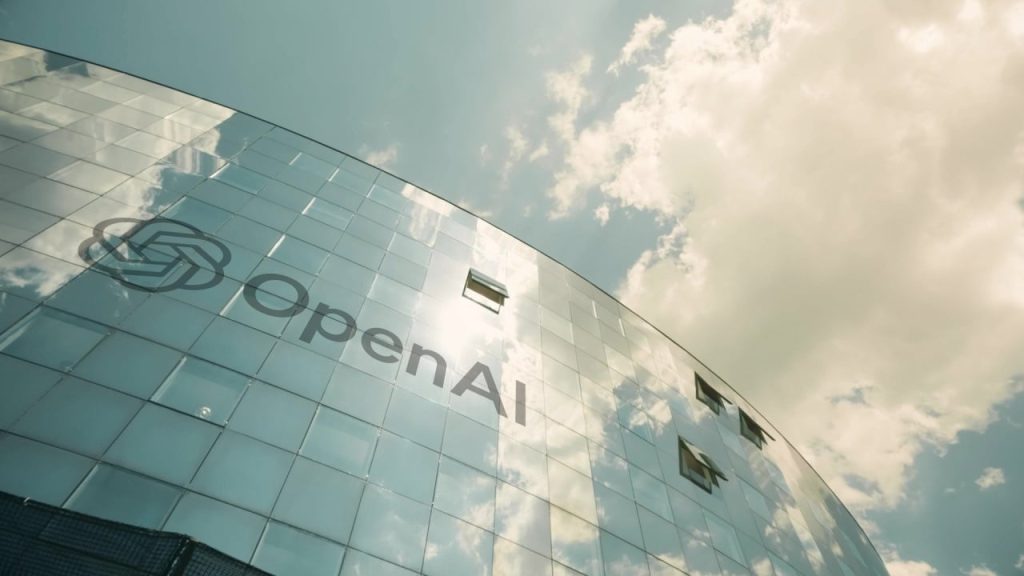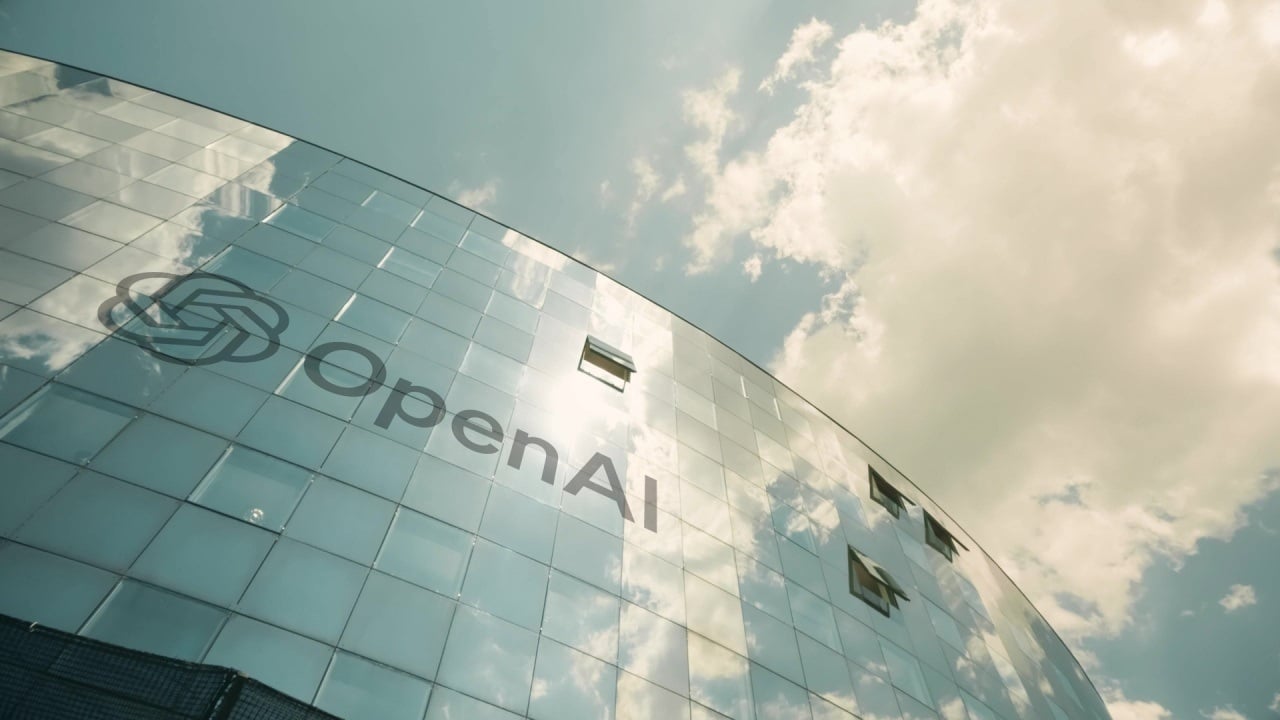
The clash between OpenAI and Robinhood over tokenized stocks has ignited a broader conversation about the future of finance, the democratization of investment, and the delicate balance between innovation and regulation. At the heart of this debate lies the question of whether tokenized stocks represent a genuine opportunity to expand access to private markets or a risky gamble that could expose retail investors to significant pitfalls.
The Promise and Peril of Tokenized Stocks
Tokenized stocks, which represent fractional ownership of underlying assets through blockchain technology, have emerged as a potential game-changer in the financial world. Proponents argue that these instruments can democratize access to high-growth private companies, allowing retail investors to participate in markets that were once reserved for institutional players. Robinhood’s initiative to offer tokenized stocks, including those linked to OpenAI and SpaceX, is a bold step in this direction. By fractionalizing ownership, Robinhood aims to make private equity more accessible, particularly in regions like Europe, where regulatory frameworks are more permissive.
However, the structure of these tokenized stocks raises significant concerns. Unlike traditional shares, these tokens do not confer direct ownership of the underlying company. Instead, they are derivative instruments tied to a Special Purpose Vehicle (SPV) that holds the actual assets. This indirect exposure introduces several risks, including counterparty risk, lack of transparency, and regulatory uncertainty. Investors must grapple with the reality that these tokens may not provide the same benefits as actual equity, such as voting rights or direct participation in corporate governance.
OpenAI’s Stance: Protecting Integrity or Stifling Innovation?
OpenAI’s swift rejection of Robinhood’s tokenized stock offering underscores the tension between innovation and control. By disavowing any connection to the tokens, OpenAI has made it clear that it does not endorse the tokenization of its equity. This stance reflects a broader concern among private companies about the potential dilution of ownership and the reputational risks associated with unregulated financial instruments.
Elon Musk, a co-founder of OpenAI, amplified this sentiment by labeling the tokenized shares as “fake.” His remarks highlight the skepticism surrounding the legitimacy of these instruments. For OpenAI, maintaining control over its equity structure is paramount, as it allows the company to dictate who can invest and under what conditions. Allowing third parties to create derivative instruments based on its equity without consent could undermine its governance and introduce unintended consequences.
Yet, critics argue that OpenAI’s resistance to tokenization may be overly restrictive. By preventing retail investors from gaining exposure to its equity, OpenAI is reinforcing traditional barriers to entry in private markets. This stance could limit the potential benefits of tokenization, which include increased liquidity, broader investor participation, and the democratization of finance. The debate ultimately hinges on whether companies like OpenAI should embrace innovation or prioritize control and regulatory compliance.
The Regulatory Landscape: A Critical Crossroads
The OpenAI-Robinhood controversy has drawn the attention of regulators, who are grappling with the implications of tokenized assets. The lack of clear regulatory guidelines for these instruments creates uncertainty for both issuers and investors. Regulators must address fundamental questions, such as how tokenized stocks should be classified under existing securities laws, what disclosure requirements should apply, and how investors can be protected from fraud and manipulation.
The regulatory approach taken will significantly impact the future of tokenized stocks. A strict regulatory framework could stifle innovation and limit market growth, while insufficient oversight could expose investors to undue risks. Striking the right balance is crucial for fostering a transparent and trustworthy market. Regulators must also consider the role of SPVs and other entities involved in the tokenization process, ensuring that these structures operate with integrity and accountability.
Conclusion: Charting the Path Forward
The OpenAI-Robinhood dispute is a microcosm of the broader challenges and opportunities presented by tokenized assets. While the promise of democratized access to private markets is compelling, investors must be aware of the risks and limitations of these instruments. Tokenized stocks are not equivalent to traditional equity, and their value depends on the underlying structure, regulatory environment, and market dynamics.
For companies like OpenAI, the decision to embrace or reject tokenization is a strategic one. While tokenization could unlock new capital sources and broaden the investor base, it also raises concerns about control, reputation, and compliance. OpenAI’s cautious approach reflects a desire to protect its equity structure and brand, but it also underscores the need for clearer regulatory guidance.
Ultimately, the future of tokenized stocks will depend on the ability of regulators, issuers, and platforms to address the risks and build a transparent and trustworthy market. Only then can tokenization fulfill its potential to democratize finance and create a more inclusive financial system. The battle between innovation and regulation continues, and the outcome will shape the future of finance for years to come.





